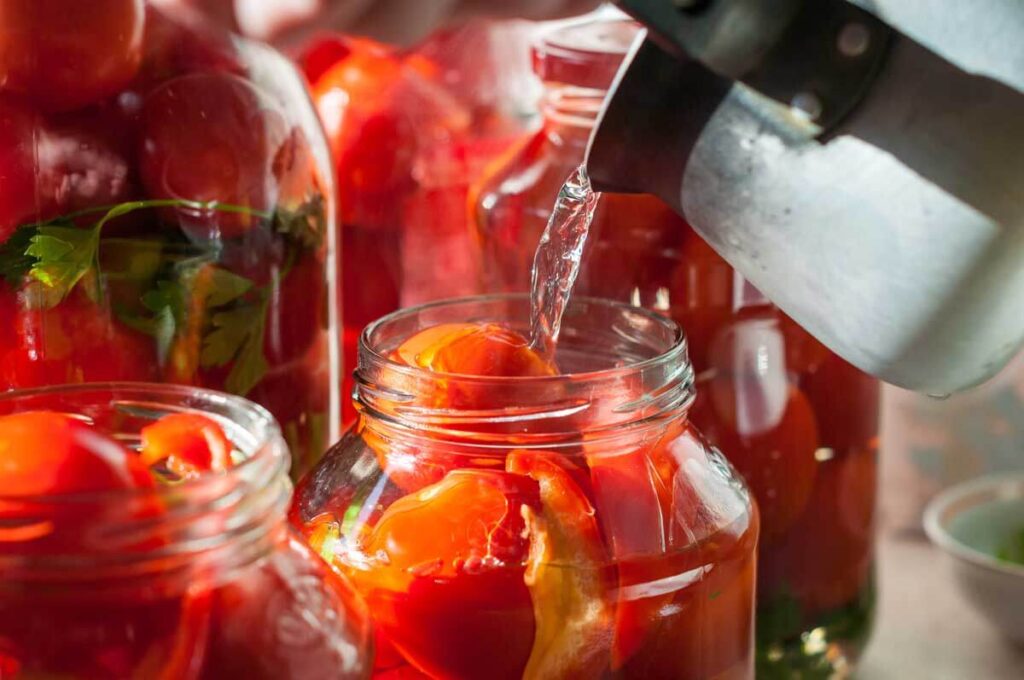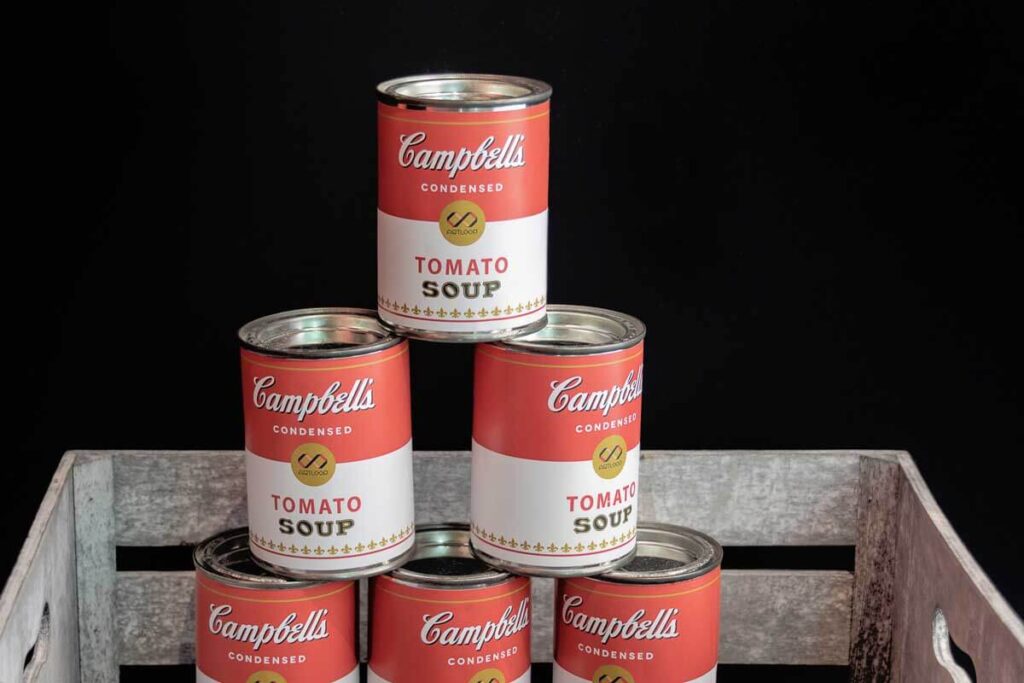Food waste is the single largest component of our waste stream. Composting is important, but first focus on generating less waste, by cooking creatively and storing better and donating event leftovers.
With a few simple changes, you can reduce food waste.

Cook creatively.
There are endless re-purposing options when combined with creativity.
- Revive leftovers. Try a new combination of foods for the second time around. Add yesterday’s grilled chicken to a salad or make it into chicken noodle soup.
- Get more. Veggie trimmings and tops often get pitched. Reconsider what can be included in your recipes and cut wisely to waste less. Cookbooks are available to help think creatively about using entire fruits and veggies.
- Find new purpose. Well-cooked vegetables can be turned into a delicious pasta sauce and yesterday’s cooked potatoes can be mashed.

Store better.
Use it, don’t lose it.
- Use crisper drawers. Store fruits in the low-humidity zone of your fridge with peppers, squash and other vegetables that tend to rot quickly. Vegetables — especially those that wilt — go in the high-humidity drawer.
- Organize your shelves. Arrange items so you can see them. Place more perishable items in front view.
- Store clearly. Use clear containers to see what you’re storing, and so you can see the amount remaining.
- Eat me first. Figure out a family system to encourage consumption of items that will expire soon. A list on the fridge? Post-its labeling “eat first” items?
- Freeze for later. Can’t eat it this week? Consider how you can use it in the future and freeze it. Near ripe fruit is great to freeze for future smoothies.
- Consider canning. Got a bumper crop of tomatoes? Long-term storage techniques, like canning, allow you to make good use of your harvest and make things easier on yourself in the future.

Donate excess.
Even great planners sometimes have excess. Donate non-perishable and unspoiled perishable foods to local food pantries. For a list of local pantries, visit the Food Resources in Princeton webpage.
Take this a step further by reviewing our tips on how to grocery shop wisely.
Want more ideas? One great resource we suggest is the Waste-Free Kitchen Handbook.
Did you know?
The Bill Emerson Good Samaritan Food Donation Act addresses liability concerns associated with the donation of food and grocery products to nonprofit organizations for distribution to needy individuals.




